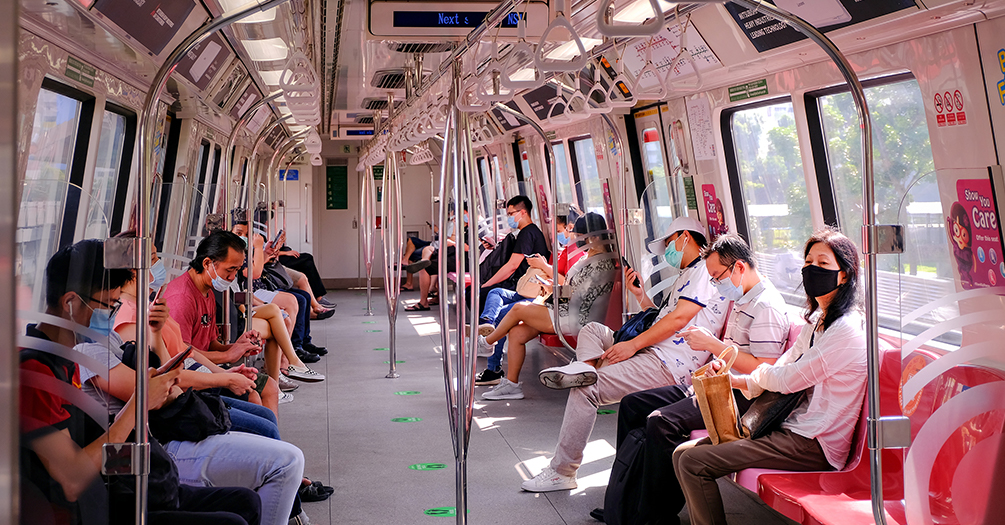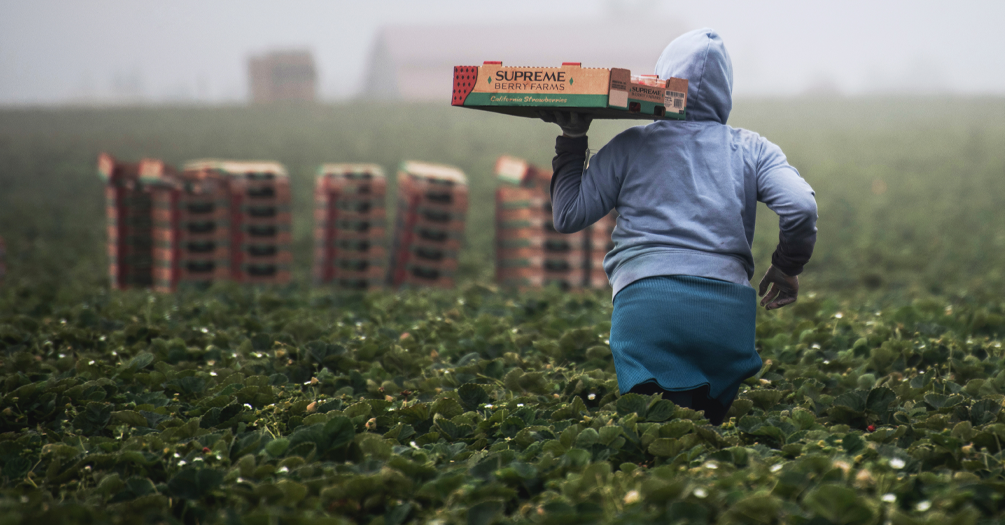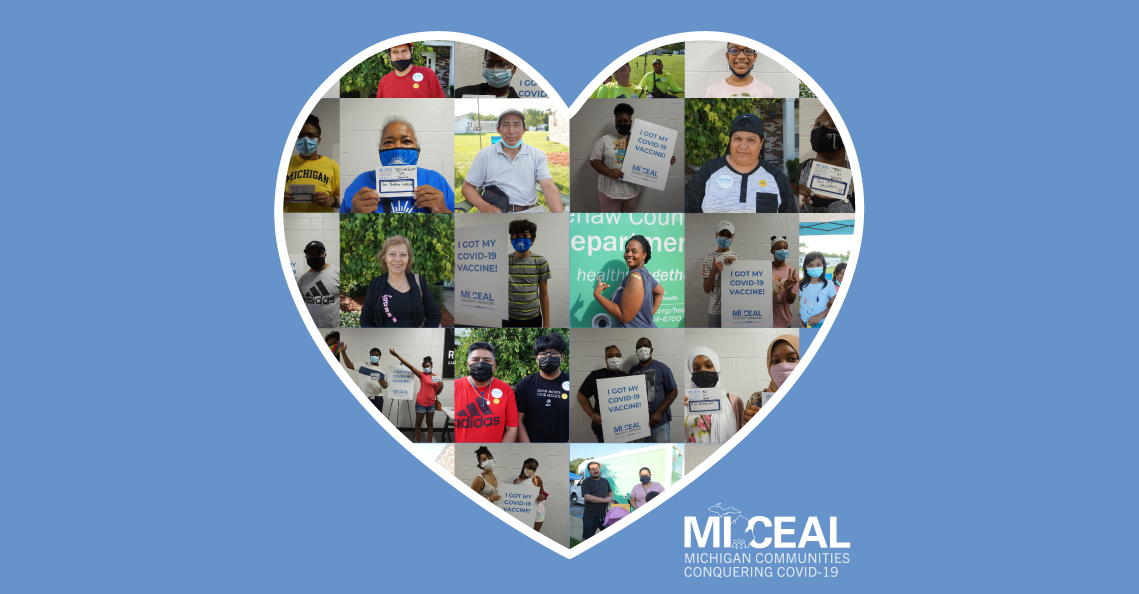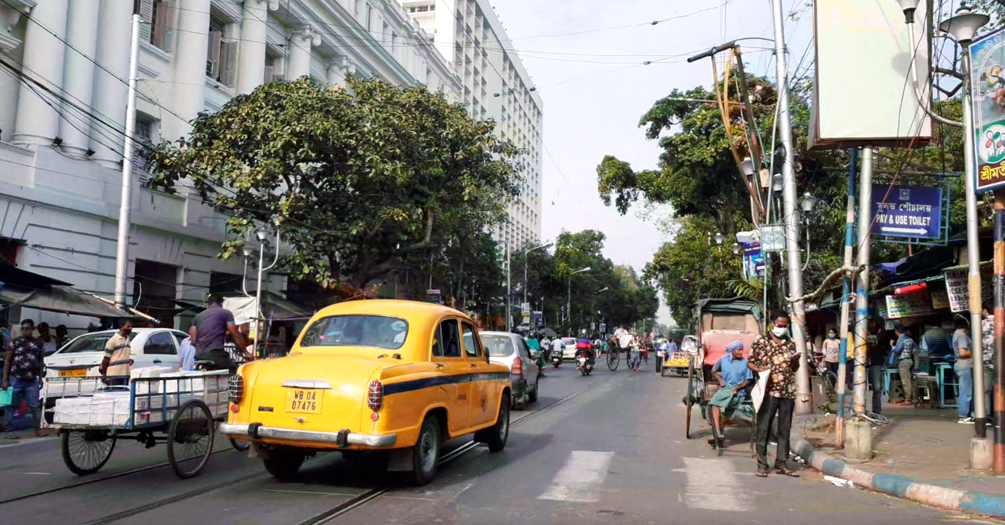
Conceptual to Actionable: Equity in Motion, PHSAD 35th Annual Health Equity Conference
Natalie Hamilton
This year’s 35th annual Annual Health Equity Conference led by student organization Public Health Student of African Descent (PHSAD) goes beyond the conceptual conversation of health equity and explores tangible, recognizable solutions through the lens of “Equity in Motion.”





